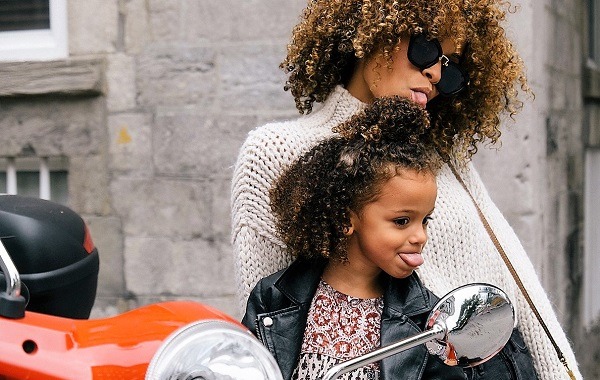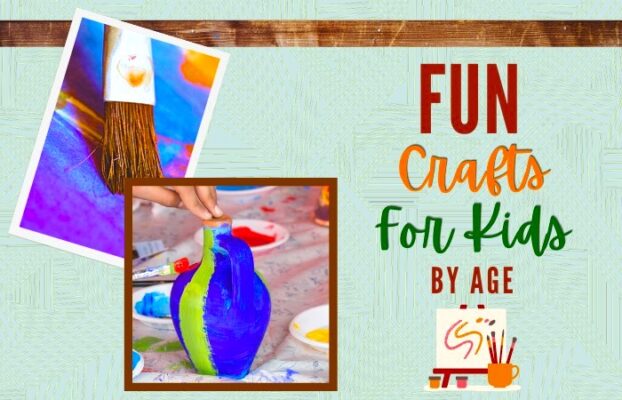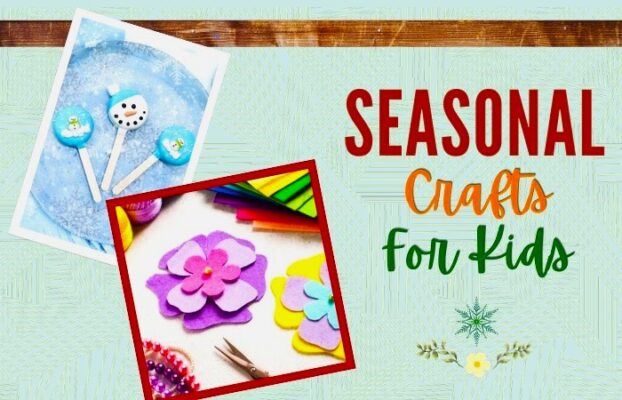Toddler parenting can be scary … exciting … and funny at the same time … Oh Boy!
Imagine this … your child is perfecting his drunken walk and other motor skills by the living room table … at the same time that he is learning about gravity.
How do you not laugh with glee and excitement and horror at those first steps?
Every grandmother and grandfather will tell you hilarious stories of their children when they were young. And for every funny and touching story they have, they will be able to tell you another for every hardship they endured
Thank goodness for toddlers that bring fun moments to anxious parents.
How Does Parenting Affect A Toddler?
There are some basic principles when it comes to parenting a toddler. Although they may seem simple, these principles can make your life easier.
If you observe your toddler and really pay attention to his or her body language and sounds, you will probably be able to detect situations that could induce a tantrum.
You can then avoid such situations or get ready with an alternative. You could even practice situations that cause a tantrum in order to set your toddler up for success the next time that situation is encountered.
Toddler Parenting Is Tough … Yet The Most Rewarding
Ask any parent and they’ll tell you that parenting a child is the most difficult task they will ever do. They’ll also tell you it’s the most rewarding.
Babies as well as toddlers and older kids respond to the stimulus in their home and environment. Did you know that the brain of children is stimulated by the variety of sensations encountered each day?
So, you can set the wheels in motion by introducing activities within the house as well as outdoors. These will promote learning and interactive experiences.
Talk to the child as much as you can. Maintain eye contact and allow the child to absorb your facial expressions.
Savor every attempt at communication made by the child be it a hand extended towards you, a gurgle, or smile. Create a rapport between you and the child and you will be surprised to see that the child understands and responds.
10 Toddler Parenting Tips That Really Counts
Tip #1
Start With A Positive Role Model
One of the first steps you can take before your child even begins to talk is setting a good example. Children learn what they see, and seeing Mom and Dad using good manners will make an impression. So make an extra effort to be polite and considerate.
Tip #2
Toddlers Can Start Reading At An Early Age

Reading time is a special time for toddlers. They love the sound of their parents’ voices, and they love the undivided attention that one-on-one reading provides. They also love the physical closeness — the touching and cuddling — that are part of a parent reading to a child.
Tip #3
Toddler Have Big Feelings
Toddlers experience some significant emotions as they struggle between their new sense of independence and their strong attachment to their parents.
Understanding this can help parents know what’s going on in their toddler’s mind.
It may help you understand why your toddler clings to you one minute and pushes you away the next. Try to find a balance between helping your toddler and letting him do some things on his own.
Tip #4 –
Toddlers Are Visual Listeners
Experts recommend making eye contact with your toddler when you speak. This helps engage her and get her attention. Perhaps a simple word or phrase – “Eyes, please,” or “Look” – repeated along with a gesture would help. Smile and let her know that’s the right response to your key words.
Toddlers are said to have limited memory, especially for consequences, which is why you may find yourself getting frustrated at correcting behavior over and over. Toddlers may need many experiences for them to internalize something and change their behavior.
Tip #5
A Two-Year-Old Doesn’t Have To Be Terrible

Toddlers are said to have limited memory, especially for consequences, which is why you may find yourself getting frustrated at correcting behavior over and over. Toddlers do not have the experience for them to know something and change their behavior.
If you have a naughty two-year-old, you can change bad behavior with the right tools.
Survive The Terrible Twos: 8 Foolproof Tips To Transform Your Toddler
Tip #6
Time Outs Really Do Work
Time out can be used starting at about a year old.
Bear in mind, however, that it will be difficult to keep a child in one place for very long when they are that young. A good rule of thumb is one minute of time out for each year of age.
For younger toddlers, time out serves more as a “cooling off” period than a punishment. It removes them from the situation in which they were behaving badly.
When time out is over, helping them find a more positive activity will get them back on the right track.
Tip #7
Introduce Punishment And Consequences
As your toddler gets older, he will inevitably exhibit rude behavior on occasion.
Kids often do not understand that they can hurt people’s feelings with the things they say, so punishment is not the answer. If your child says something out of line, explain why it was wrong and how to behave.
For older toddlers, you can begin to introduce punishment in the form of consequences. This allows toddlers to learn from their mistakes by making the punishment a direct consequence of bad behavior.
For example, let’s say that your toddler gets Play-Doh all over the floor. Instead of cleaning it up yourself and not allowing her to watch television, you could ask her to help clean it up and take away her Play-Doh for the rest of the day. This shows her that there are direct consequences of her actions.
Tip #8
Toddler Hitting Is Just A Sign Of Frustration

One of the reasons you’re hearing “no” so often is that your child doesn’t have other ways to express their feelings. No can mean anything from “I don’t want to” to “I’m not comfortable ight now”.
When you teach your child other ways of expressing themselves, you’re better able to address what’s bothering them and resolve the issue.
Tip #9
Toddler Can Learn Good Manners
Once your child is saying a few words, you can begin to teach him “please” and “thank you.” These words are the cornerstones of good manners. They are also absolutely adorable coming from a child who has just become verbal. As with anything you teach a small child, repetition is the key here. Saying please and thank you whenever appropriate is a good start.
Once your child begins to say these words, praise him each time he remembers to do so. Positive reinforcement will make him feel good about himself and give him the incentive to keep up the good work.
Tip #10
Potty Training Can Be Done In Three Days

Toddler
Potty training can be a trying time for the child and the parents. But the rewards of saying goodbye to diapers and seeing the look of accomplishment on your toddler’s face make it well worth the effort.
But is your little one ready? These are the 5 questions to ask to see if your toddler is ready for potty training.
Positive Parenting Is The Key To A Happy Toddler
Toddlers misbehave. It’s a fact of life.
Some days it may seem like that’s all they do from the time they get up until they go to bed.
When children are that young, punishment is largely ineffective. They have trouble connecting their actions to the punishment, making them feel that you are just being unfair to them. So how does a parent deal with bad behavior in a toddler?
Perhaps the most important thing you can do toward disciplining your toddler is reinforcing her good behaviors. By doing so, you give her incentive to behave properly. And that can be much more effective than punishing bad behaviors.




